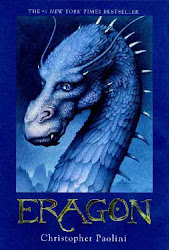In the USA it is Banned Books Week...
"Books won't stay banned. They won't burn. Ideas won't go to jail. In the long run of history, the censor and the inquisitor have always lost. The only sure weapon against bad ideas is better ideas. The source of better ideas is wisdom. The surest path to wisdom is a liberal education." -- Alfred Whitney Griswold, Essays on Education
"There are worse crimes than burning books. One of them is not reading them. " -- Joseph Alexandrovitch Brodsky
"Don't join the book burners... Don't be afraid to go in your library and read every book." -- Dwight D. Eisenhower
"Where they have burned books, they will end in burning human beings." -- Heinrich Heine
"To prohibit the reading of certain books is to declare the inhabitants to be either fools or slaves." -- Claude Adrien Helvetius, De l'Homme, Vol. I, sec. 4
"Children deprived of words become school dropouts; dropouts deprived of hope behave delinquently. Amateur censors blame delinquency on reading immoral books and magazines, when in fact, the inability to read anything is the basic trouble." -- Peter S. Jennison
"Books and ideas are the most effective weapons against intolerance and ignorance." -- Lyndon Baines Johnson
" The crime of book purging is that it involves a rejection of the word. For the word is never absolute truth, but only man's frail and human effort to approach the truth. To reject the word is to reject the human search. " -- Max Lerner
"The burning of an author's books, imprisonment for an opinion's sake, has always been the tribute that an ignorant age pays to the genius of its time." -- Joseph Lewis, 'Voltaire: The Incomparable Infidel', 1929
"Censorship, like charity, should begin at home; but unlike charity, it should end there." - -Clare Booth Luce
"Censorship is telling a man he can't have a steak just because a baby can't chew it." - - Mark Twain
Quotes
2 years ago















